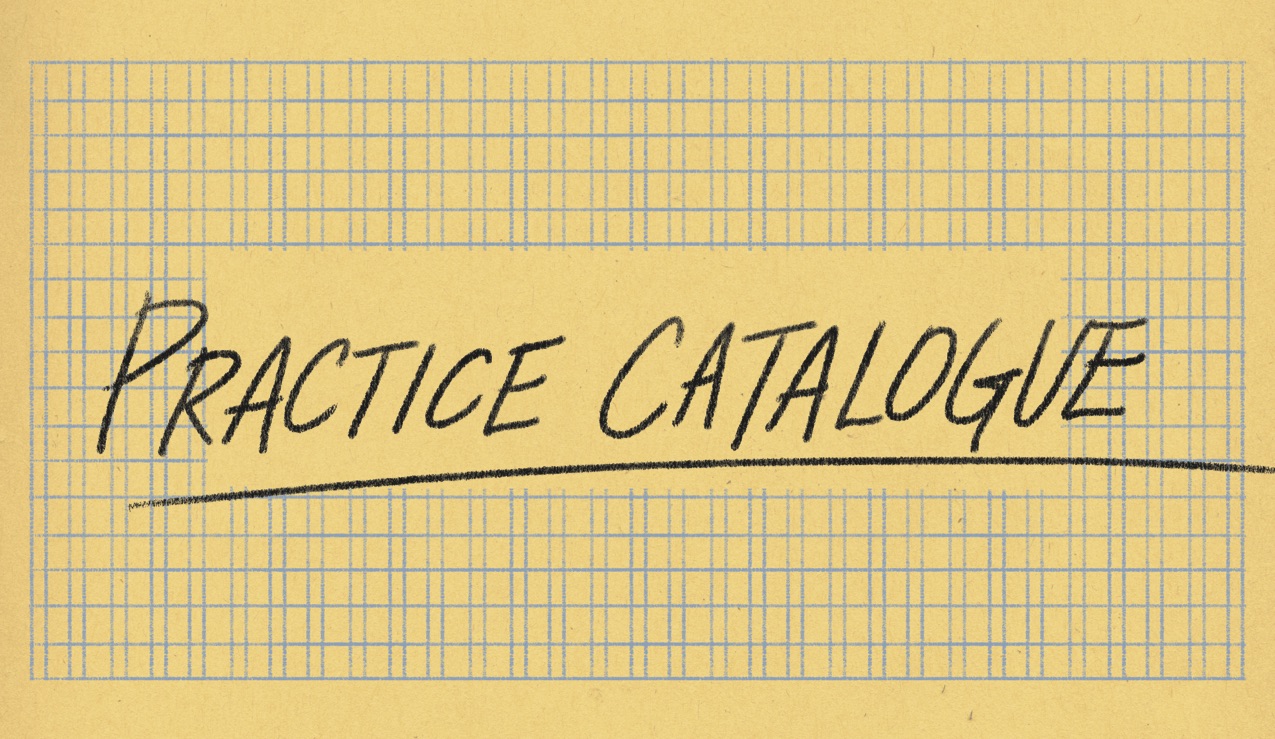With and Against Words
My former teacher Lucie Brock-Broido enlists the German word widerruf to describe a way of writing alongside another poem––a poem stuck within you, a poem you can’t shake. In Lucie’s wielding, widerruf––which I understand to be grammatical German––has the force of neologism. It’s a spirit as much as a compositional mode, a haunting––you’re haunting the poem that haunts you.
Widerruf is literally “recantation, retraction, revocation.” Lucie lists the root, wider, as “against, contrary to, IN THE FACE OF, or versus––counter, contra, or––with.” And there’s the bright thread: widerruf is both going against and going with. Every word offered in the definition tallies this odd, dual logic: to revoke means to take back what’s been said, but the word no less says say again, re-voice; to recant is to take back what’s been sung, but the word’s surface gives us again sing; to retract is to withdraw and to go again on the path.
I’m reminded of Freud’s paper on “The Antithetical Meaning of Primal Words,” in which he notes tendency of ancient languages to combine opposing concepts into a single sign. So in ancient Egyptian there are words that translate literally as: “old-young”, “far-near”, and “bind-sever.” The notable thing about these joinings is that they don’t produce or denote negation. Freud feels that dreams, too, do something like this in their expression of wish (i.e. disregard negation). The opposition or affirmation of a wish are equally its indication; desire is expressed no less by its concealment than by its disclosure.
Maybe literary influence is a vexed, double-sided thing like this. Harold Bloom’s deep idea was that influence involved risk: it was a gift that could famish the taker, a wealth that might impoverish the heir (but it was still a gift; the canny found ways to spend the money). Bloom might’ve been wrong, but who would deny that part of what we experience in a work we really love is the doing or discovery of something we would’ve been enlivened to do or discover on our own and now cannot? So what then? Lucie: “You could use instead a device akin to the missive…the writing Back, reply, respond, react, query, a tiny cat-fight, fisticuffed, or send all your love & everly, or even show up at the door. Is it possible?”
